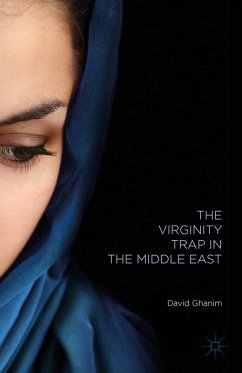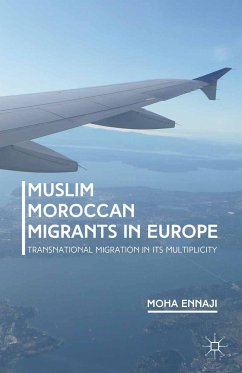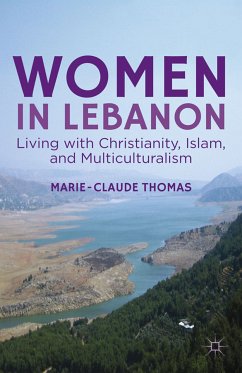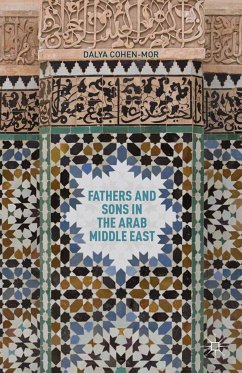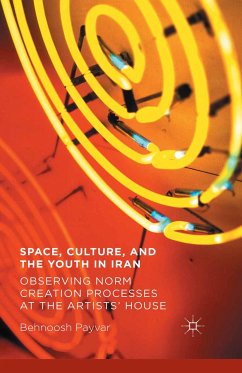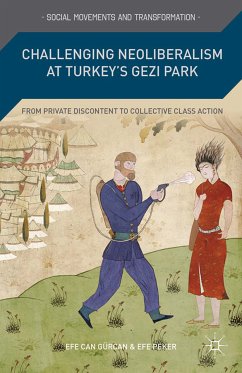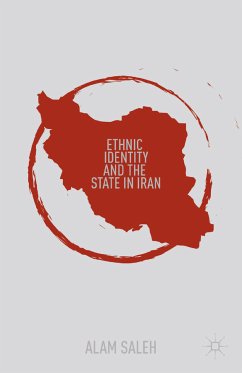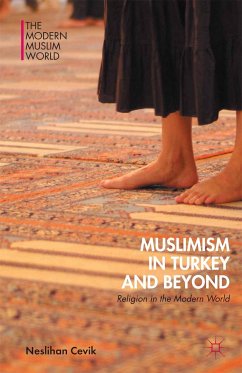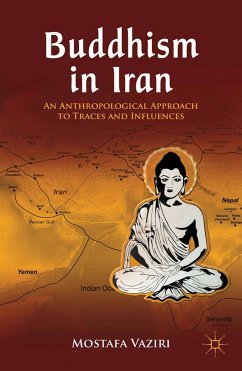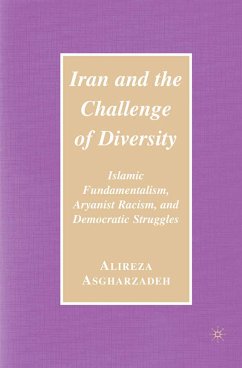
Migrant Domestic Workers in the Middle East (eBook, PDF)
The Home and the World
Redaktion: Fernandez, B.; Regt, M. De
Versandkostenfrei!
Sofort per Download lieferbar
40,95 €
inkl. MwSt.
Weitere Ausgaben:

PAYBACK Punkte
20 °P sammeln!
For over half a century, the Middle East has been major migration corridor for domestic workers from Asia and Africa. This book Illuminates the multidimensionality of these workers' lives as they engage in finding a balance between acting and being acted upon, struggle and accommodation, and movement and stasis.
Dieser Download kann aus rechtlichen Gründen nur mit Rechnungsadresse in A, B, BG, CY, CZ, D, DK, EW, E, FIN, F, GR, HR, H, IRL, I, LT, L, LR, M, NL, PL, P, R, S, SLO, SK ausgeliefert werden.



